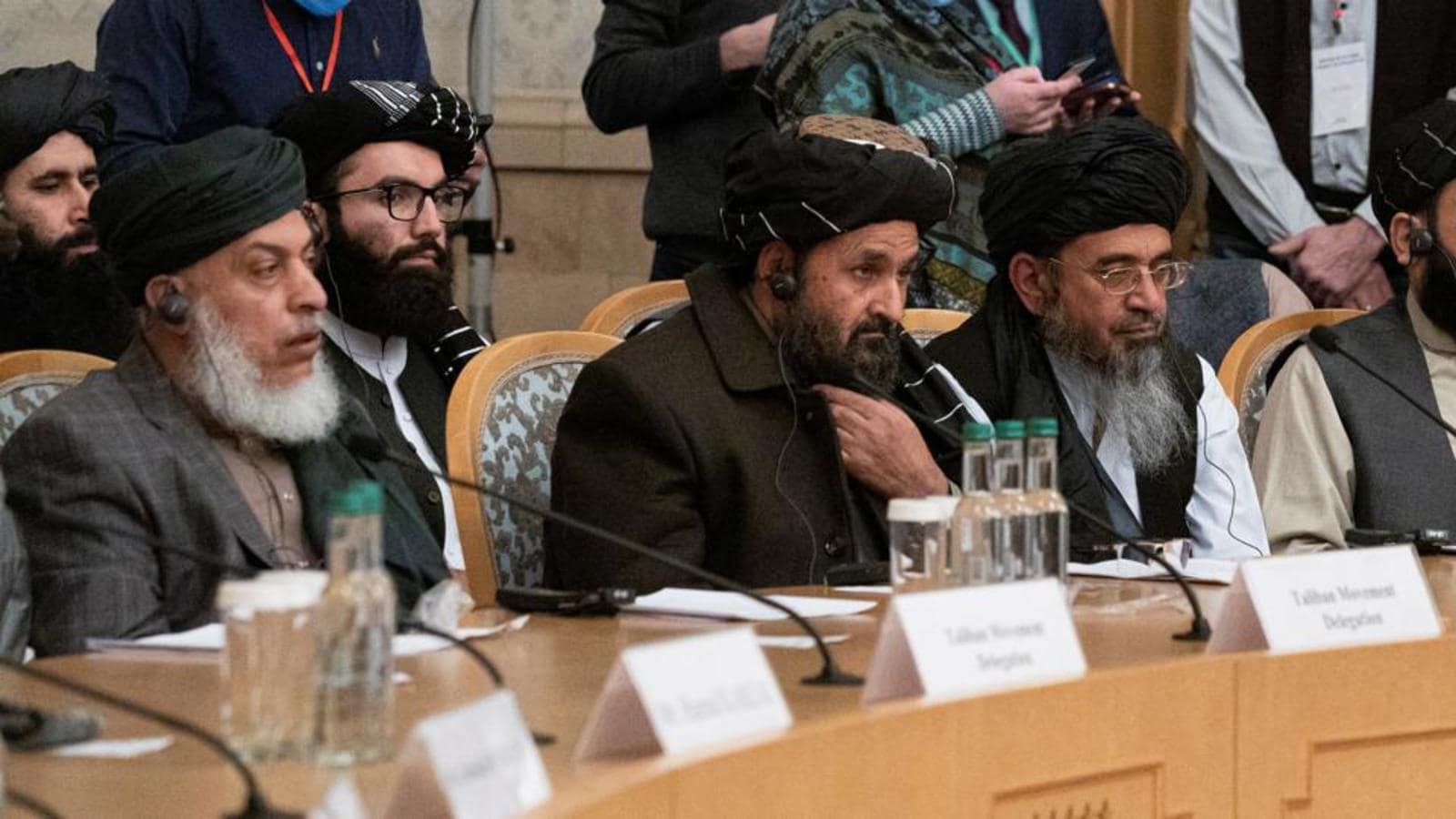India has reopened its embassy in Kabul after the Taliban took over Afghanistan. India has so far focused only on isolating the Taliban. However, beyond a point, this option will yield less benefit, as many other countries are now starting to engage with the Taliban, and India is a significant stakeholder in Afghanistan. The Taliban have links with Lashkar-e-Taiba and Jaish-e-Mohammed. Engagement with the Taliban will provide an opportunity to express India’s concerns about terrorist activities in India. The Taliban encouraged India to reopen its mission in Kabul, resumed direct flights to the country, and also accepted Afghan military trainees. India needs a long-term strategic approach to Afghanistan that weaves together political, economic, military, and diplomatic dimensions into a coherent whole within the framework of a comprehensive strategy.
India’s engagement with the Taliban highlights a nuanced approach that balances national interests such as regional stability, counter-terrorism, and connectivity with human values such as aid, education, and gender equality. While maintaining strategic autonomy, India’s Afghanistan policy adapts to evolving realities, ensuring its security while providing developmental assistance as outlined in the UN’s Overview of Humanitarian Needs (2023).
India’s engagement with the Taliban reflects a balance between national interests and humanitarian values, such as humanitarian assistance during crises. India provided 50,000 metric tonnes of wheat and essential medical supplies during the COVID-19 pandemic, reflecting its commitment to the Afghan people amid the crisis. India emphasized that Afghan soil should not be used against its national security, ensuring that the engagement prioritizes both humanitarian assistance and counter-terrorism efforts. India’s investments in infrastructure, education, and health projects highlighted its dual objective of promoting regional stability and goodwill among Afghan citizens. The Salma Dam and the Indira Gandhi Institute of Child Health symbolize India’s commitment to Afghan reconstruction and regional development.
India consistently engages with the Taliban leadership to secure its geopolitical interests while promoting dialogue to stabilize Afghanistan and maintain goodwill. India supports Afghan students through academic exchanges and facilitates medical tourism, reflecting long-standing cultural and humanitarian ties. Thousands of Afghan students are educated in India, promoting people-to-people contacts. The way forward for India’s engagement with Afghanistan is to promote regional cooperation. India should lead multilateral efforts involving Central Asia, Iran, and Russia to ensure Afghan stability and reduce dependence on adversary countries such as Pakistan or China. Strengthening diplomatic missions in Kabul and increasing dialogue with moderate Taliban factions can balance relations and humanitarian aid delivery.

Reopening Indian cultural centres in Afghanistan can serve as centres of mutual understanding. Economic investments in stability: Expanding investments in renewable energy, agriculture, and small enterprises can stabilize Afghanistan’s economy, aligning with India’s regional goals. Supporting Afghan solar energy projects can create jobs and reduce dependence on foreign aid. India should increase assistance in sectors such as healthcare, food security, and education to ensure Afghanistan’s stability and development. India should keep a close watch on the Taliban and work closely with it to neutralize terrorist organizations and protect its national interests. Collaborating on intelligence sharing to prevent cross-border terrorism can promote India’s security objectives.
India-Afghanistan relations face many obstacles, including the role of Pakistan. Pakistan sees India’s growing presence in Afghanistan as a threat to its security and regional influence and has attempted to block India’s efforts to deepen its ties with Afghanistan. Both India and Afghanistan are targets of terrorism, and the continued presence of terrorist groups such as al-Qaeda in Afghanistan is a major concern for India. Afghanistan is one of the poorest and least developed countries in the world, and India’s efforts to invest in the country and build infrastructure, such as the Salma Dam and the Parliament Building, have been hampered by security issues, corruption, and other challenges. China has become increasingly active in Afghanistan in recent years, and this has raised concerns in India about China’s growing influence and association with the Taliban in the region. Afghanistan is the world’s largest producer of opium, and the drug trade has fuelled instability and violence in the region, affecting both India and Afghanistan.
India has reopened its embassy in Kabul after the Taliban took over Afghanistan. India has so far focused only on isolating the Taliban. However, beyond a point, this option will yield less benefit, as many other countries are now starting to engage with the Taliban, and India is a significant stakeholder in Afghanistan. The Taliban have links with Lashkar-e-Taiba and Jaish-e-Mohammed. Engagement with the Taliban will provide an opportunity to express India’s concerns about terrorist activities in India. The Taliban encouraged India to reopen its mission in Kabul, resumed direct flights to the country, and also accepted Afghan military trainees. India needs a long-term strategic approach to Afghanistan that weaves together political, economic, military, and diplomatic dimensions into a coherent whole within the framework of a comprehensive strategy.
India’s Afghan policy should be based on India’s strategic objectives in the region and a clear understanding of the regional and global strategic environment.
It is important for both sides, India and the Taliban, to take each other’s concerns into account and improve diplomatic and economic ties. India should increase its investments in Afghanistan, especially in sectors such as infrastructure development, agriculture, and energy. This will help improve the Afghan economy and generate employment, as well as deepen India’s economic engagement with Afghanistan.
India’s balanced Afghanistan policy reflects its pragmatism in addressing national security and geopolitical concerns while promoting humanitarian commitments. Engagement with the Taliban is cautious but necessary for regional stability. Future efforts should emphasize inclusive development in line with India’s ‘Neighbourhood First’ policy to ensure that national and global responsibilities are aligned for sustained peace and cooperation.






